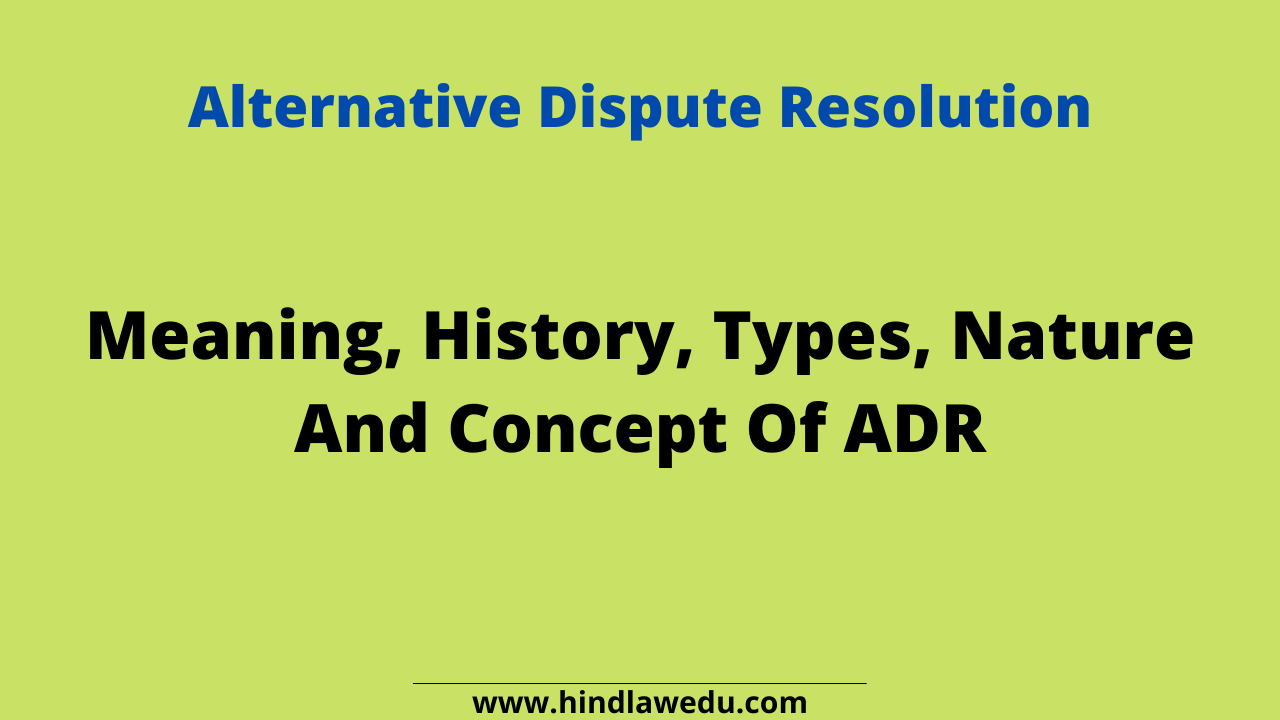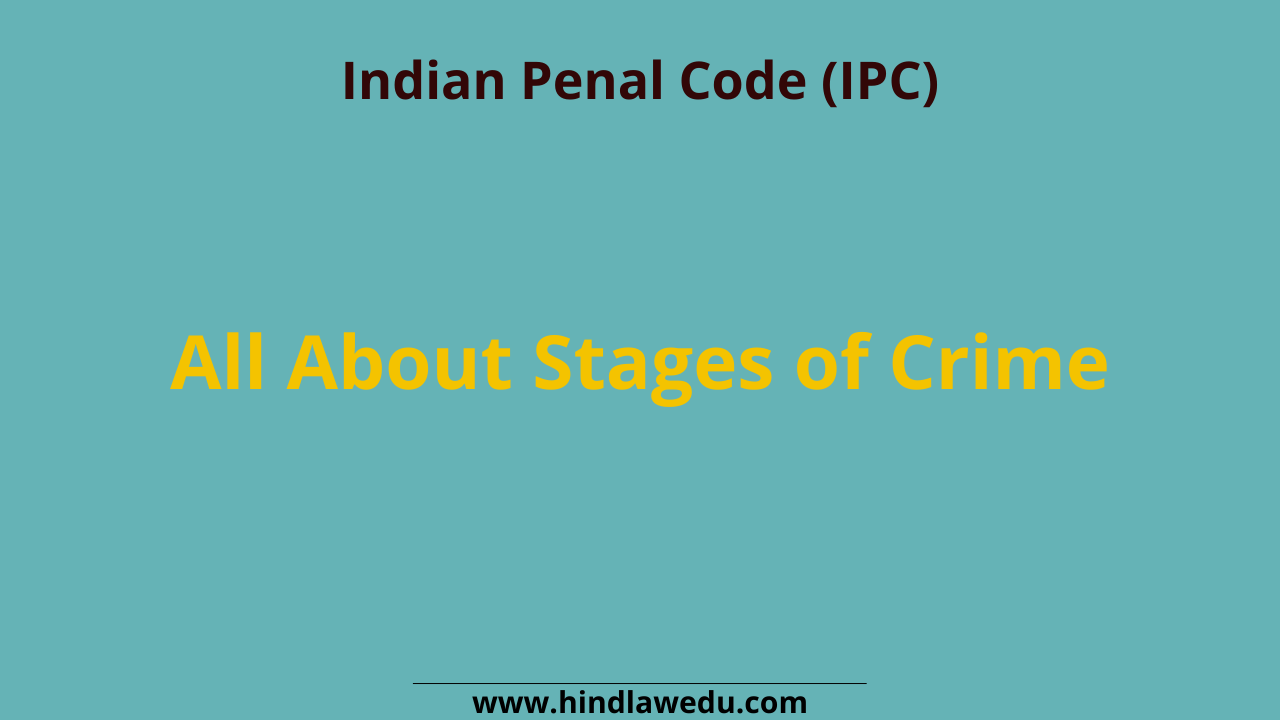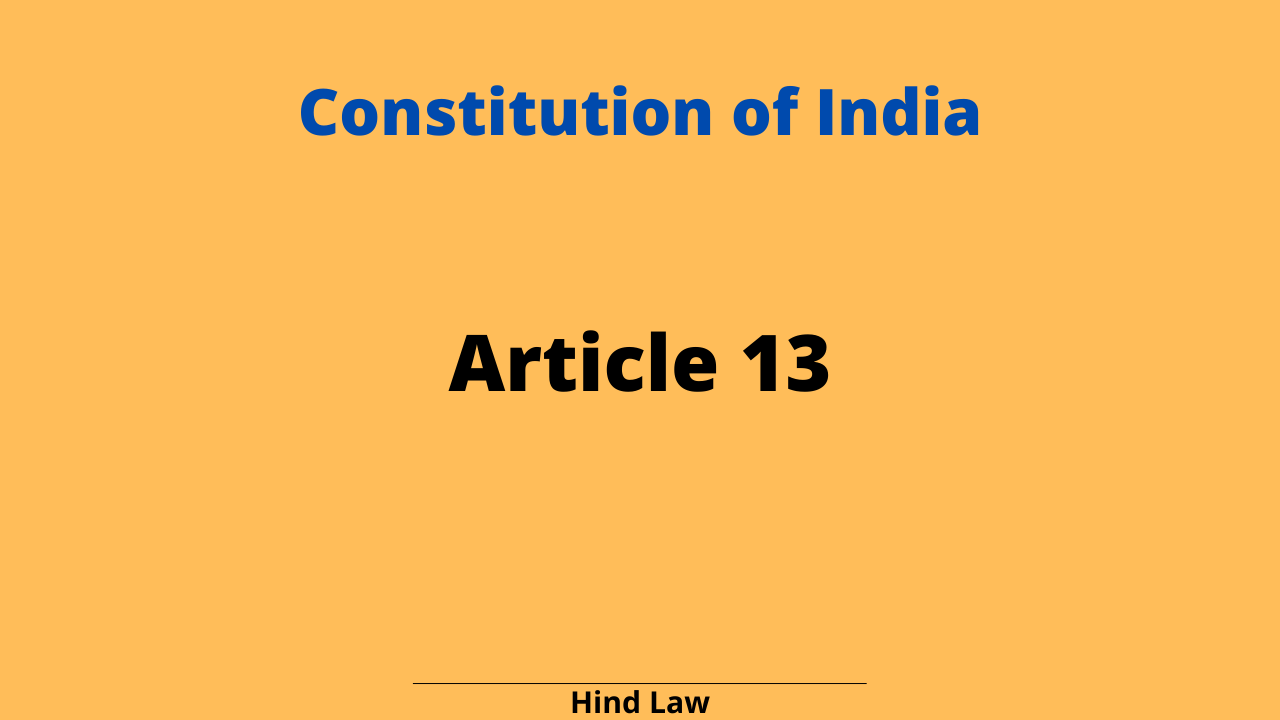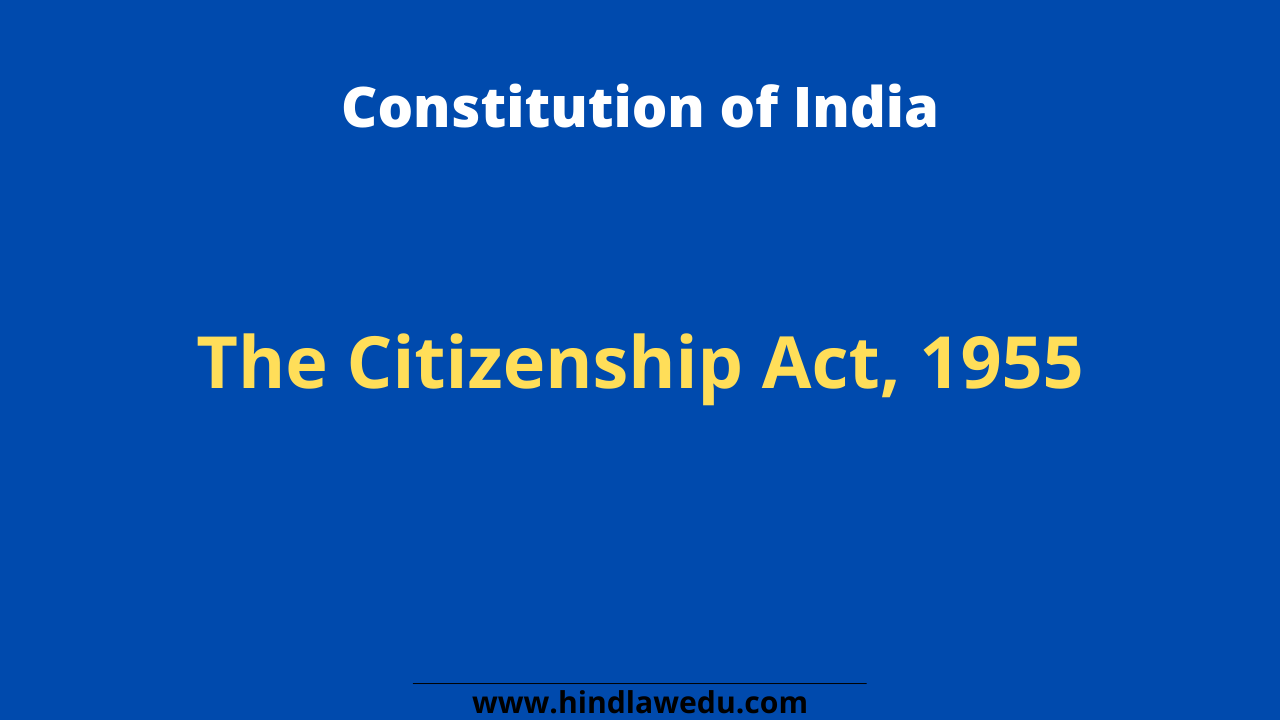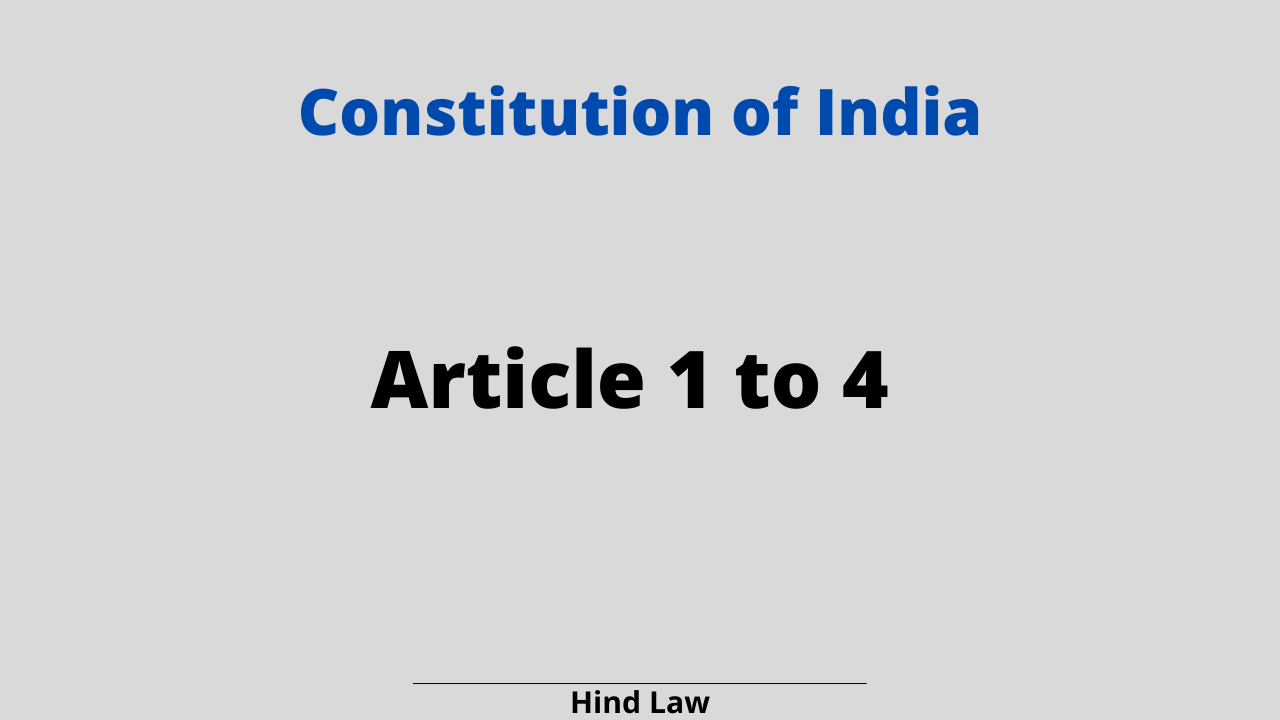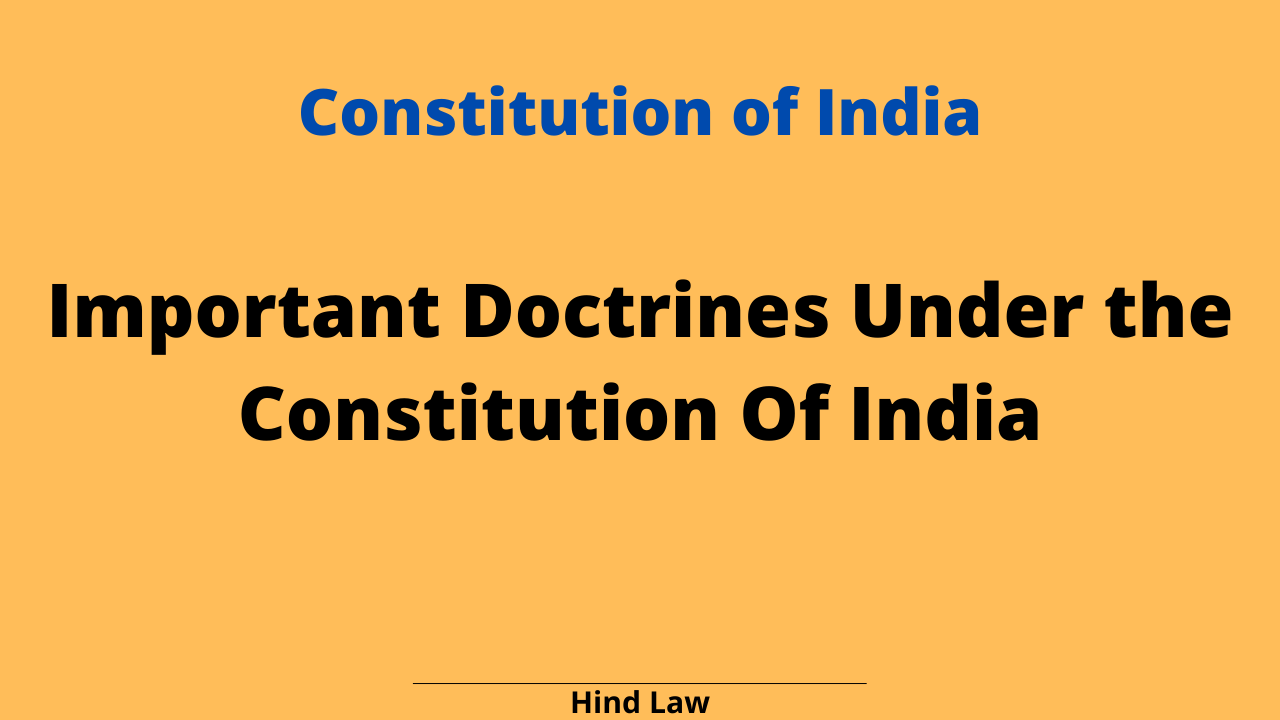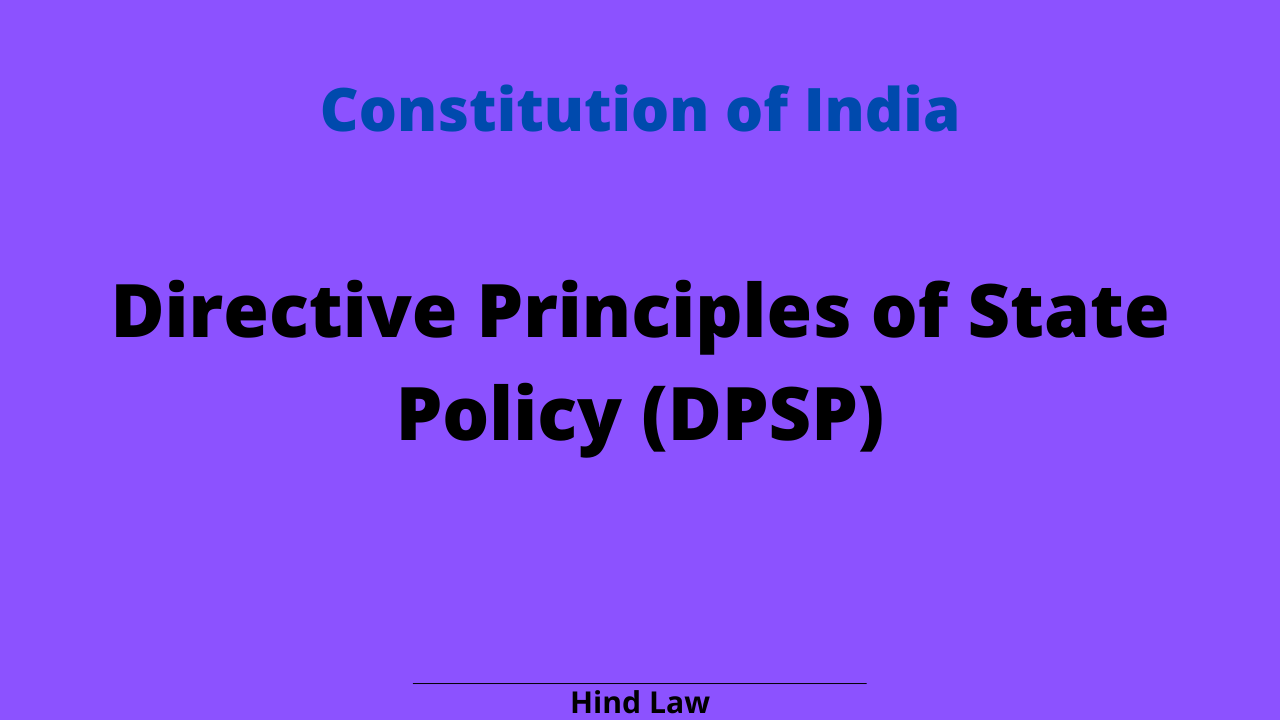The parliament and state legislatures are not allowed and are restricted from making such laws that may infringe or take away the fundamental rights that are being guaranteed by the Indian constitution itself.
It is a duty of the Indian State to respect and implement the fundamental right. And at the same time, it confers a power on the courts to declare a law or an act void if it infringes the fundamental rights.
Article 13 declares any pre constitutional law which is inconsistent with the Fundamental Rights as void to the extent of its inconsistency. It thus helps to review the pre constitutional law as well as the existing laws, thereby paving the way for judicial review by the supreme court and the high courts.
It must be noted that in case of a certain provision of the Act being inconsistent with the fundamental rights, then that particular provision can be declared void only and not the entire law.
The important doctrines evolved by the courts under Article 13 of the Constitution are as follows:
Doctrine of Severability
It must be observed that Article 13 does not make the entire act inoperative, but only that part is held inoperative which is inconsistent with the fundamental rights.
Doctrine of severability says that when some provisions of an act are inconsistent with the fundamental rights and if such provisions can be severed(cut off) from the rest of the statute, then only the offending provision or the invalid portion would be declared void by the court and not the entire act.
So, it can be concluded that if the inconsistent part of a statute can be severed in a way that the consistent part can exist independently, the doctrine of severability can be applied to such statutes.
Note: If the valid and invalid part are so closely mixed up with each other that it cannot be separated then the whole law or act will be held invalid.
Doctrine of Eclipse
The doctrine of eclipse is based on a principle that the law which contravenes Fundamental Rights is not void ab initio. It remains in a morbid condition/inactive state and unenforceable. It is not totally wiped out from the statute book. They are valid for all past transactions i.e. transactions prior to commencement of Constitution. They also remain valid for the determination of rights of persons who have not been given fundamental rights by the Constitution i.e Non citizens.
Till the time, the law violates the fundamental right, it remains dormant, but if by an amendment such law no more violates the fundamental rights, then the law becomes alive and operative. Doctrine of Eclipse applies to all those acts which were in existence before our Indian constitution came into force on 26 january 1950. And now they are inconsistent with fundamental Rights.
In the case of Bhikaji Narayan Dhakras v. State of M.P.,
The issue before the court was that if an existing act that has been made before the constitution came into existence has become inconsistent with the fundamental rights on commencement of the constitution, then can it become valid again if there comes any amendment which removes such inconsistency.
The court held that the effect of the amendment is that it removes the shadow and makes the impugned act free from inconsistency. The law therefore becomes valid after the constitutional impediment is removed.
Note: Doctrine of eclipse is contained in Article 13(1) of the Indian Constitution. The doctrine of eclipse does not apply to post-constitutional laws.
Doctrine of Waiver
An individual exercises certain rights that are conferred upon him either by the Constitution, statute or a contract. A Right gives the individual the power to control the act of others, i.e. to make someone commit or omit an act.
The doctrine of Waiver of rights is based on the idea that a person is his best judge and he has the liberty to waive the enjoyment of such rights as are conferred on him by the State. However, the person must have the knowledge of his rights and that the waiver should be made voluntary.
Waiving a right means that a person can no longer claim that right and is prevented from challenging the constitutionality of that law for the benefit of which, the right is waived off.
In India, a person has the authority to waive off rights arising out of a contract or statute but cannot relinquish(give up) those constitutional rights or rights guaranteed by the constitution itself under Part III which is made in the public interest.
Conclusion
Article 13 of the Indian Constitution provides a safeguard to the fundamental rights. It is the way to judicial review and helps to keep a check on laws that are being enacted by the State. It not only regulates the post-constitutional law but also controls the existing pre-constitutional laws that were there before the commencement of the constitution and are still existing.


